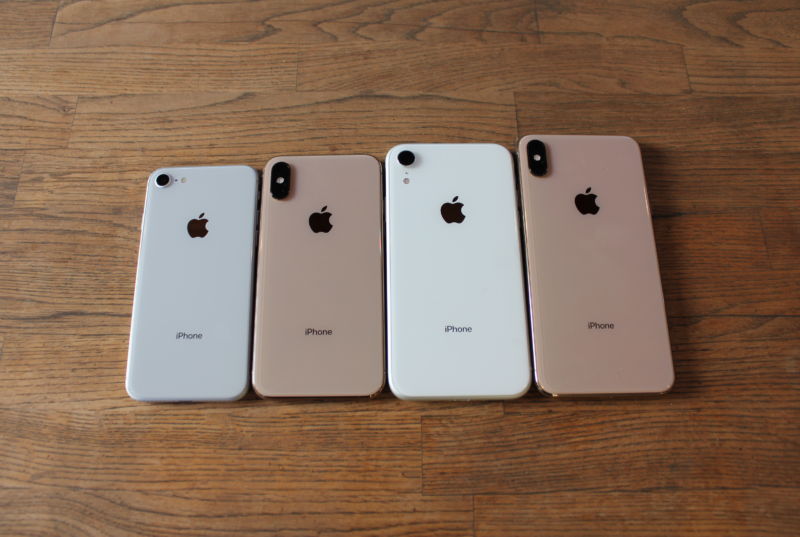
Apple today announced that it will acquire the majority of Intel’s smartphone modem business for $1 billion. The acquisition will bring 2,200 Intel employees under Apple’s umbrella, along with various intellectual properties, leases, and equipment. After the move is complete, Apple will hold more than 17,000 wireless technology patents, and Intel will still be able to develop modems for PCs, vehicles, IoT devices, and other products that aren’t smartphones.
The confirmation of the sale comes after a series of on-again-off-again reports and rumors about the deal going back several months. However, a Wall Street Journal report earlier this week made it appear all-but-certain that the finalization of the deal was right around the corner.
Intel built its wireless modem arm out of an acquisition of Infineon’s wireless business almost a decade ago. The company aimed to compete directly with industry leader Qualcomm, which today dominates modems in smartphones and many other devices. However, Intel never managed to overcome its rival in the smartphone space. Apple has historically used Qualcomm modems in the iPhone, but it has lately suffered a painful and litigious relationship with Qualcomm.
Apple began shipping iPhones with Intel modems, and Qualcomm sued for patent infringement, among other things. The litigation was dropped in April, leading Intel to say it would exit the 5G smartphone modem business; Apple’s make-nice with Qualcomm meant the Cupertino company would no longer be dependent on Intel, leading to questions about the viability of Intel’s business.
By acquiring that business, Apple is looking to forge its own path into the 5G era for future iPhones. Apple has also sought to reduce its dependence on third-party vendors and partners by building its own chips and other components.
Over the years, the company has taken it upon itself to design more and more parts of the iPhone itself. This falls in line with Apple’s long-standing, deeply held philosophy of end-to-end integration of all aspects of a product. The company’s leadership believes this approach allows it to provide superior user experiences in many cases, to define its own roadmap, and to improve its profit margins on each device.
Here are the official statements from Intel and Apple spokespersons. First, Intel CEO Bob Swan:
This agreement enables us to focus on developing technology for the 5G network while retaining critical intellectual property and modem technology that our team has created. We have long respected Apple and we’re confident they provide the right environment for this talented team and these important assets moving forward. We’re looking forward to putting our full effort into 5G where it most closely aligns with the needs of our global customer base, including network operators, telecommunications equipment manufacturers and cloud service providers.
And Apple’s senior VP of hardware technologies, Johny Srouji:
We’ve worked with Intel for many years and know this team shares Apple’s passion for designing technologies that deliver the world’s best experiences for our users. Apple is excited to have so many excellent engineers join our growing cellular technologies group, and know they’ll thrive in Apple’s creative and dynamic environment. They, together with our significant acquisition of innovative IP, will help expedite our development on future products and allow Apple to further differentiate moving forward.
Apple says the acquisition will be completed in the fourth quarter of 2019, pending regulatory approvals.
https://arstechnica.com/?p=1541889

